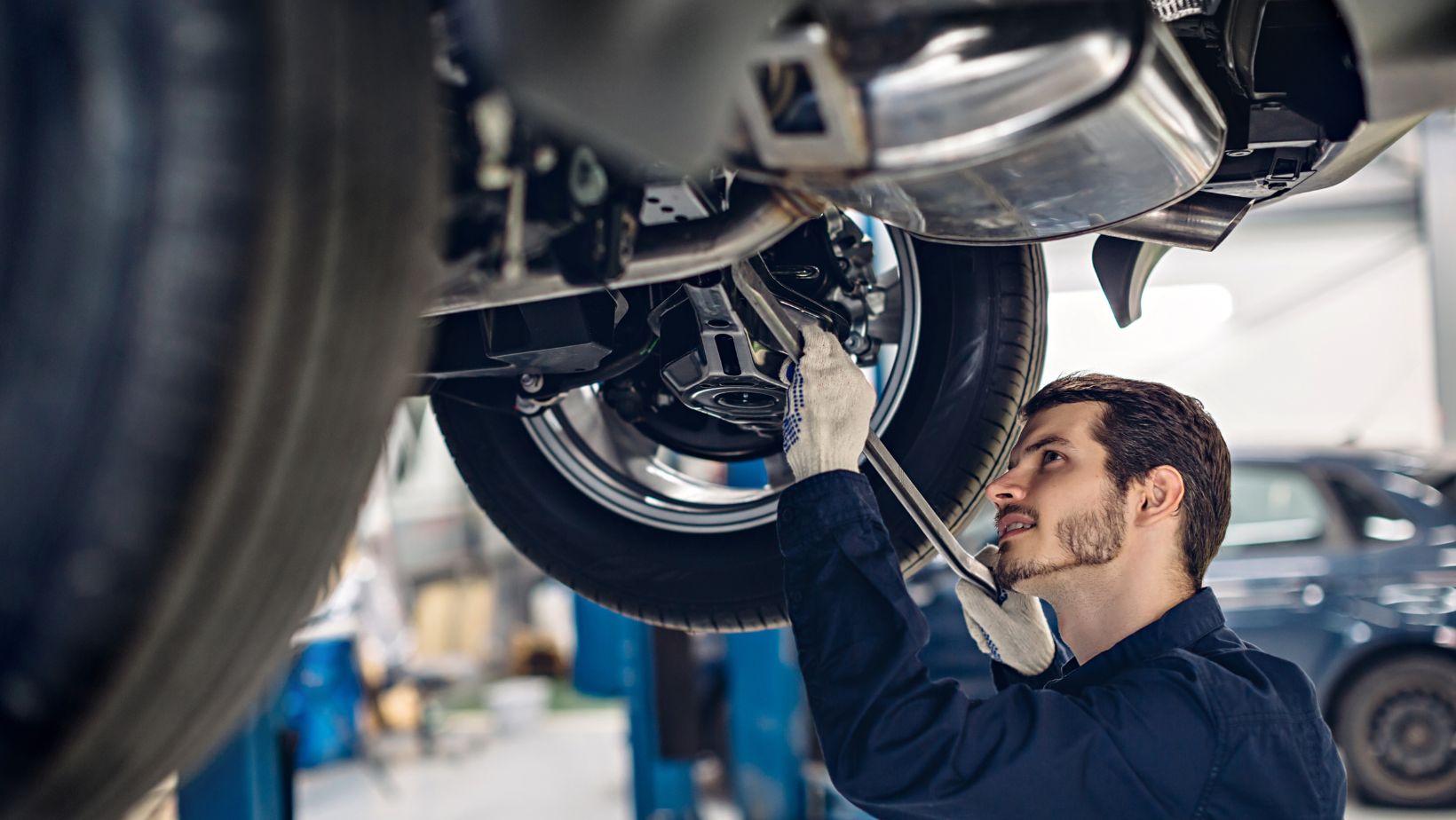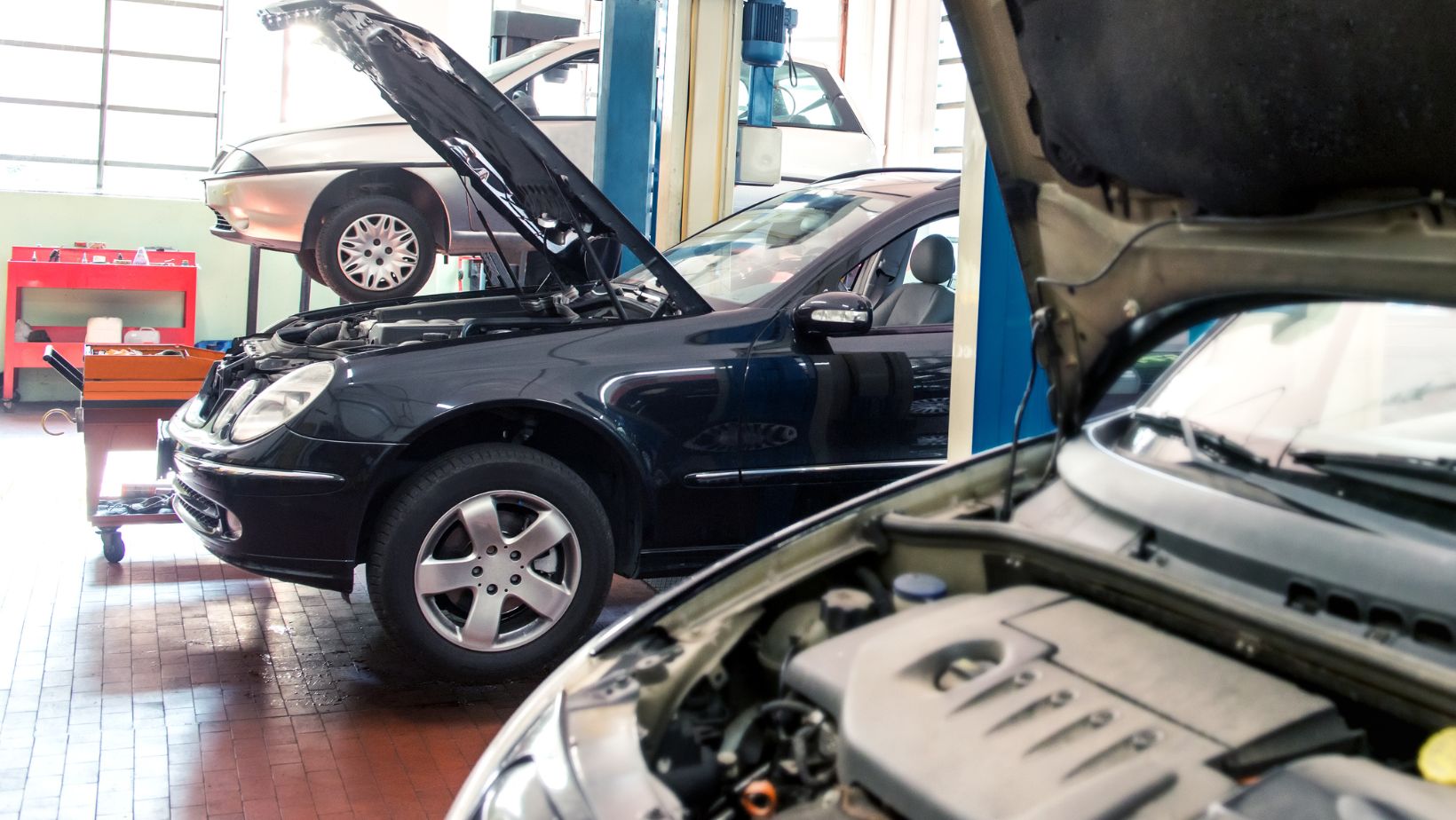Emergency Car Repair
Emergency car repairs can be a stressful and unexpected situation that no driver wants to encounter. Whether it’s a flat tire, a dead battery, or an engine malfunction, these issues can leave you stranded on the side of the road with no idea what to do next. In this article, I’ll provide helpful tips and advice on handling emergency car repairs effectively.
First and foremost, it’s important to stay calm and assess the situation before taking action. Panicking will only make matters worse and hinder your ability to think clearly. Once you’ve composed yourself, make sure you’re in a safe location away from traffic and activate your hazard lights.
Next, if you’re unfamiliar with car repairs or don’t have the necessary tools, it’s best to call for professional help. Contacting a reliable roadside assistance service or towing company can save you time and effort in trying to fix the problem yourself. They have the expertise and equipment to diagnose the issue and get your vehicle back on the road as quickly as possible.
Signs of an Emergency Car Repair
Unusual Noises or Smells
One of the clear signs that your car may need emergency repair is the presence of unusual noises or smells. When you hear strange clanking, grinding, or squealing sounds from under the hood, it’s a red flag that something is amiss. These noises could indicate problems with your engine, brakes, transmission, or other vital components.
Warning Lights and Indicators
Modern cars have advanced warning systems that alert drivers about potential problems through dashboard lights and indicators. Ignoring these warnings can lead to serious consequences on the road. Suppose you see any warning lights illuminated on your dashboard, such as the check engine light, oil pressure light, ABS light (indicating issues with your anti-lock braking system), or any other unfamiliar symbols flashing at you. In that case, it’s important not to ignore them.
Sudden Loss of Power
Experiencing a sudden loss of power while driving can be unnerving and dangerous. It could signal an emergency car repair situation if you struggle to accelerate despite pressing down on the gas pedal or notice a significant decrease in overall performance and responsiveness. This issue can stem from various causes, such as a malfunctioning fuel pump, clogged filters, an electrical problem, or even engine failure.

Common Causes of Car Breakdowns
Engine Overheating
One of the most common causes of car breakdowns is engine overheating. When a car’s engine gets too hot, it can lead to serious damage and leave you stranded on the side of the road. There are several reasons why an engine may overheat, including:
- Coolant Leaks
- Faulty Thermostat
- Radiator Issues
To prevent engine overheating, regular maintenance is crucial. This includes checking for coolant leaks, ensuring the proper functioning of the thermostat, and keeping the radiator clean and free from debris.
Battery Failure
Another common cause of car breakdowns is battery failure. Your car’s battery is vital in powering various electrical components such as lights, radio, and ignition systems. However, batteries have a limited lifespan and can fail due to various factors:
- Old Age
- Extreme Temperatures
- Electrical System Issues.
Regularly inspecting your battery for signs of corrosion or wear and tear is important for early detection of potential issues. Additionally, ensuring all electrical components are turned off when not used can help prolong your battery’s life.
Fuel System Issues
Fuel system problems are another frequent culprit behind car breakdowns. The fuel system is responsible for delivering the necessary fuel to the engine, and any issues in this system can disrupt the combustion process and cause your car to stall or refuse to start. Some common causes of fuel system issues include:
- Clogged Fuel Filters
- Fuel Pump Failure
- Contaminated Fuel
Regularly replacing your fuel filters as recommended by your vehicle’s manufacturer, using quality fuels from reputable gas stations, and keeping an eye on any warning signs related to the fuel system can help prevent breakdowns caused by these issues.







































